Vicodin Addiction Treatment in Cedar Rapids
Overcome Vicodin addiction with Radix Recovery’s tailored treatment plans in Cedar Rapids. We deliver evidence-based care focused on sustainable sobriety and personal transformation.
Vicodin Rehab Center in Cedar Rapids
Break Free from Vicodin and Reclaim the Life You Were Meant to Live
Behind many Vicodin addictions is a story of pain, stress, or trauma, and a growing dependence that feels impossible to escape. At Radix Recovery, we help you break that cycle through targeted, individualized treatment that works.
Our treatment programs go beyond symptom management. We focus on the whole person, offering medical support, trauma-informed therapies, and a community of care that fosters stability and long-term change. Whether drug use began with an injury or emotional pain, we help you understand the root causes and build healthier coping strategies.
What Could Your Future Look Like After Treatment?
- Reclaim mental clarity and emotional balance without relying on the drug
- Discover healthy alternatives to manage pain, stress, and emotional discomfort
- Rebuild trust with loved ones affected by secrecy and prescription misuse
What Makes Our Treatment for Vicodin Addiction Different
Whole-Person Recovery in a Nurturing, Structured Setting
Overcoming Vicodin addiction isn’t just about quitting the drug – it’s about healing the deeper layers beneath it. At Radix Recovery, we treat the whole person, addressing pain, emotional triggers, and mental health.
Our personalized programs integrate medical support, therapy, and peer support to create lasting change. Every treatment plan is customized to your unique background and goals, helping you heal physically and emotionally while building resilience for a healthy, drug-free future.
Understanding Vicodin Addiction
Awareness Opens the Door to Recovery
Vicodin, a combination of hydrocodone and acetaminophen, is commonly prescribed to manage moderate to severe pain. While effective in the short term, repeated use can lead to physical opioid dependence and addiction. It alters brain chemistry, creating a cycle of tolerance, cravings, and withdrawal symptoms like anxiety, nausea, and restlessness.
Over time, Vicodin addiction can disrupt sleep, emotional balance, and decision-making. Because the drug is prescribed, some individuals struggle to recognize the severity of their dependence. Recovery requires more than willpower – it takes professional intervention, medical care, and a supportive environment to fully break free and heal.
Why Seek Professional Help for Vicodin Addiction?
Stopping Vicodin on your own can lead to serious withdrawal risks without proper medical guidance. Professional treatment ensures a safe withdrawal process and offers therapies that explore pain, trauma, and stress. Working with trained clinicians gives individuals the tools to heal, rebuild their lives, and stay free from opioid dependence long-term.
Signs of Vicodin Addiction
Spot the Symptoms. Start the Healing
Vicodin addiction can be subtle at first, but the symptoms grow stronger with time. Knowing what to look for is key to getting the care needed for a successful recovery journey.
Key Indicators of Vicodin Addiction
- Taking Vicodin to feel “normal” or avoid withdrawal
- Needing more of the drug to get the same effect
- Isolating from friends, family, or responsibilities
- Slurred speech, drowsiness, or slowed breathing
- Experiencing mood swings or depression
- Difficulty concentrating or remembering things
- Visiting multiple providers to obtain more Vicodin
- Ignoring health risks or personal consequences
If you or someone you love is showing these Vicodin symptoms, Radix Recovery in Cedar Rapids can help with compassionate, personalized treatment.
Side Effects of Vicodin Abuse
Vicodin abuse poses serious risks to both short-term safety and long-term health. In the early stages, users may notice sedation, nausea, constipation, lightheadedness, slowed breathing, and impaired coordination, raising the risk of falls, injuries, or accidents.
With continued misuse, more damaging effects emerge. These can include liver toxicity from high acetaminophen intake, hormonal imbalances, menstrual irregularities, and weakened immune response. Psychologically, users may suffer from mood swings, depression, and mental fog. Long-term abuse can also lead to increased pain sensitivity – a condition known as opioid-induced hyperalgesia.
As dependence grows, withdrawal symptoms such as chills, insomnia, muscle cramps, and agitation make it difficult to stop without help. The longer the abuse continues, the higher the risk of overdose.
How to Support a Loved One Through Addiction Recovery
Be Their Strength Through Every Stage of Recovery
Vicodin addiction can be difficult to spot and even harder to confront. What starts with a prescription can gradually become a dependence that strains relationships and trust. Offering support rooted in love, not judgment, can make all the difference.
At Radix Recovery, we equip families with the tools to recognize problematic use, communicate effectively, and intervene compassionately. Our programs integrate loved ones into the recovery process, promoting healing on both sides. Together, you can help your loved one find hope, rebuild trust, and begin a life beyond addiction.
What Makes Radix Recovery Unique?
Blending Compassion with Clinical Excellence
At Radix Recovery, we treat Vicodin addiction with an approach that blends clinical excellence and whole-person healing – all within the serene setting of the historic Higley Mansion.
Our clients experience more than therapy; they’re surrounded by rejuvenating amenities like a full-service spa, fitness center, cold plunge and sauna, yoga and art therapy spaces, massage and acupuncture treatments, and a pickleball court. These offerings enhance physical and emotional recovery, creating an atmosphere where clients can rest, reset, and rebuild.
Why Cedar Rapids Trusts Radix Recovery
Radix Recovery stands out in Cedar Rapids because we don’t treat addiction from a distance – we walk alongside you, every step of the way. Guided by the expertise of Dr. Courtney Brennaman and Dr. Jacob Christenson, our team brings deep clinical knowledge and a human-centered approach to treating Vicodin addiction.
We understand how prescription opioids like Vicodin can quietly take hold. That’s why we focus on personalized care, balancing evidence-based therapy, emotional healing, and lifestyle support to help clients find lasting change. Here, recovery isn’t rushed or standardized – it’s built for real life.

Vicodin Recovery Programs in Cedar Rapids
Your Path to Recovery, Built Around You
At Radix Recovery, our treatment programs are built to address not only the physical effects of opioid use but also the emotional toll and lifestyle disruption it can cause.
Our goal is to help you rebuild your life with professional guidance, compassion, and lasting strategies for recovery.
We offer different levels of structured support:
Our Expert Addiction Therapies
Clinically Proven Approaches for Lasting Recovery
Vicodin addiction affects both the brain and behavior, often requiring a multidimensional approach to healing.
Our specialized therapy offerings include:
Iowa’s Growing Vicodin Concern
From Pain Relief to Addiction: The Vicodin Reality
Vicodin, a hydrocodone-based painkiller, is commonly prescribed across the country, totaling over 47.4 million prescriptions in 2024. While used for legitimate pain, its potential for misuse continues to affect individuals and families across Iowa.
The state saw a 10.5% increase in substance-related ER visits in 2021, totaling more than 32,000. This surge reflects the growing impact of prescription opioids, which remain a significant factor in opioid-related emergencies.
More alarming is Vicodin’s reach among teenagers. According to national data, 0.7% of 12th graders – and 1.0% of 10th graders – reported misusing Vicodin in the past year. These early misuse patterns raise concerns about long-term dependency and the need for prevention in Iowa’s youth communities.
- Over 47.4 million Vicodin prescriptions were filled in the U.S. in 2024
- Iowa saw 32,120 substance-related ER visits in 2021 - a 10.5% increase
- 1.0% of 10th graders and 0.7% of 12th graders report Vicodin misuse






Contact Us
Your Path To Recovery
Our Iowa-based Vicodin treatment programs provide comprehensive care tailored to support your physical and mental well-being, helping you build a life free from alcohol with a clear path to sobriety.
- Contact Us - Fill out the form or call the number on this page
- Personalized Assessment - Meet with an admissions specialist to create a care plan
- Begin Treatment - Visit Radix Recovery for your first alcohol treatment session
FAQ
Get the Answers You Need to Start Your Recovery!
We understand that seeking help for addiction can be overwhelming and raises many questions. To help you better understand our treatment process and what to expect, we’ve compiled answers to some of the most frequently asked questions:
How long does Vicodin addiction treatment typically last?
The length of treatment depends on the individual’s needs, severity of addiction, and progress through recovery. Some may benefit from a few months of structured outpatient care, while others may need long-term support over six months or more. At Radix Recovery, treatment plans are flexible and reviewed regularly to ensure they evolve alongside the client’s goals and stability.
Can I continue working or going to school during treatment?
Yes. Many clients participate in our Outpatient Program (OP) and Intensive Outpatient Program (IOP), which provides structured care while allowing time for work, school, or family life. This balance ensures recovery is integrated into your daily routine without requiring a complete disruption to your responsibilities. Scheduling flexibility is a core part of our outpatient model.
What if I’ve relapsed before - can treatment still help me?
Yes. Relapse is a common part of the recovery journey and does not mean failure. Our team treats relapse with compassion and clinical insight, helping you identify what triggered it and how to strengthen your coping strategies. We believe that every step forward, even after setbacks, is part of lasting recovery.
What happens after I complete treatment?
Recovery doesn’t end with treatment – it evolves. After completing formal care, we offer relapse prevention planning and ongoing therapy options to help you maintain progress. Many clients continue with outpatient check-ins or support groups as they reintegrate into daily life.
Can I start treatment if I’m currently taking Vicodin for pain?
Yes. If you’re worried about dependence but still require pain management, our clinical team can help you explore alternative strategies. This may include non-opioid medications, pain-specific therapy, and holistic approaches like movement or mindfulness. We’ll work with your prescribing physician if needed to ensure a coordinated, safe transition.


